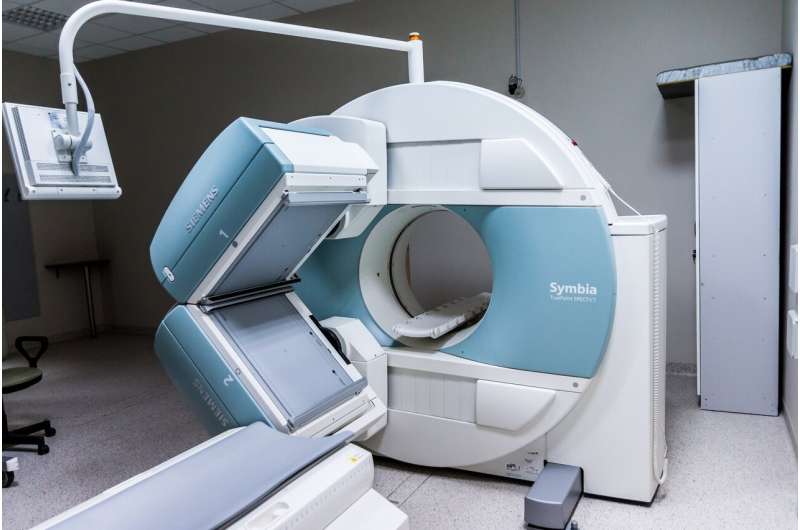This article has been reviewed according to Science X's editorial process and policies. Editors have highlighted the following attributes while ensuring the content's credibility:
fact-checked
trusted source
proofread
Some older Americans show hesitation around brain scan research, study finds

Asian Americans are less likely than their white peers to participate in health research involving MRIs and addressing this hesitancy could improve research, according to a Rutgers Health-led study.
A study
, published in Alzheimer's & Dementia: Translational Research & Clinical Interventions, surveyed older adults about their experiences and perceptions of MRI brain imaging scans, their desire to learn results of scans and their attitudes related to dementia and overall research participation. According to the study, South Asian older adults—those 65 and older—are less likely than older white adults to believe that healthy people should participate in research studies when it may not benefit them. South Asian and East Asian
"Addressing hesitancy toward participation may improve representation of a group that does not usually take part in research studies," said Karthik Kota, an assistant professor of medicine and a geriatrician at Rutgers Robert Wood Johnson Medical School and lead author of the study.
Asian Americans represent the fastest-growing racial group in the United States and the fastest-growing group of adults over 65. As age is the biggest risk factor for dementia, this group is at higher risk for dementia. In a prior pilot study, Rutgers Health researchers encountered unexpected hesitancy from these groups related to MRI scans.
In the latest study, 256 respondents answered what type of MRI results they wanted to learn of—including receiving serious findings without treatment options or benign ones common with aging—and questions on research and brain health attitudes.
Researchers found similarly low desire to learn of MRI results in South Asians and East Asians despite the groups showing differing support for research participation and future dementia or stroke worries.
Researchers said the findings reinforce the need to separate different Asian American subgroups when conducting health-related research.
"Understanding concerns older Asian adults have about MRI brain findings could allow for more culturally appropriate return of scan results," Kota said. "Progress in this area will not only affect how researchers recruit for studies, but also the expectations that the public may have when interacting with researchers."
Co-authors of the study include Alice Dawson, Julia Papas, Victor Sotelo and William Hu of the Department of Neurology at Rutgers Robert Wood Johnson Medical School and the Center for Healthy Aging at IFH; and Guibin Su, Mei-Ling Li, Woowon Lee, Jaunis Estervil, Melissa Marquez, Shromona Sarkar and Lisa Lanza of IFH.
More information: Factors associated with attitudes toward research MRI in older Asian Americans, Alzheimer's & Dementia: Translational Research & Clinical Interventions (2024). DOI: 10.1002/trc2.12449





















